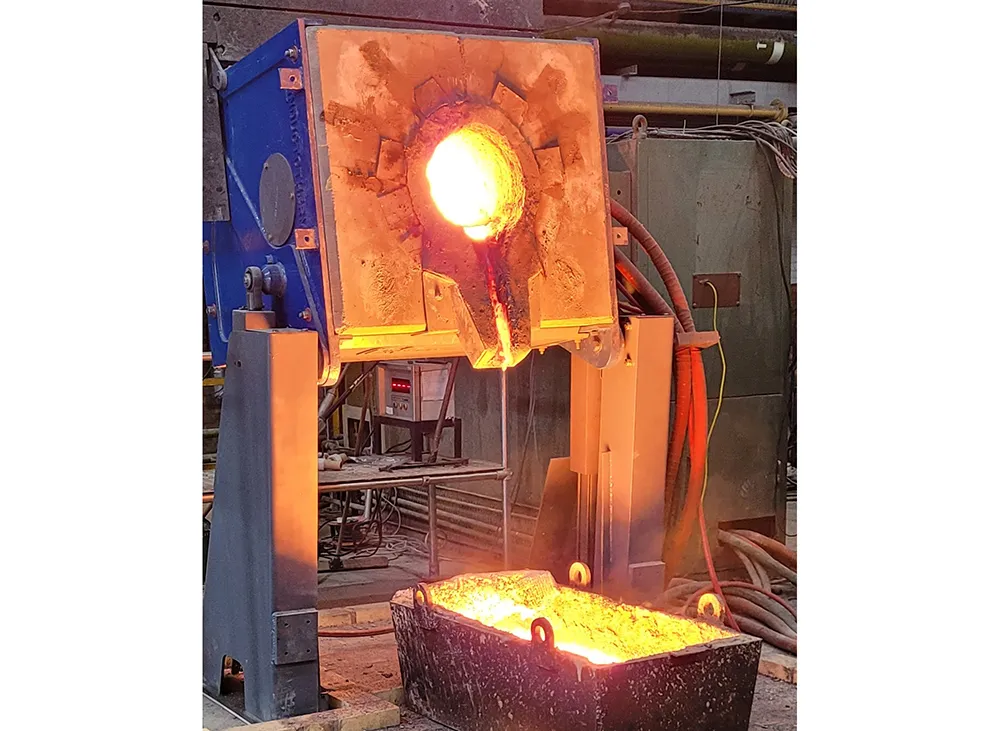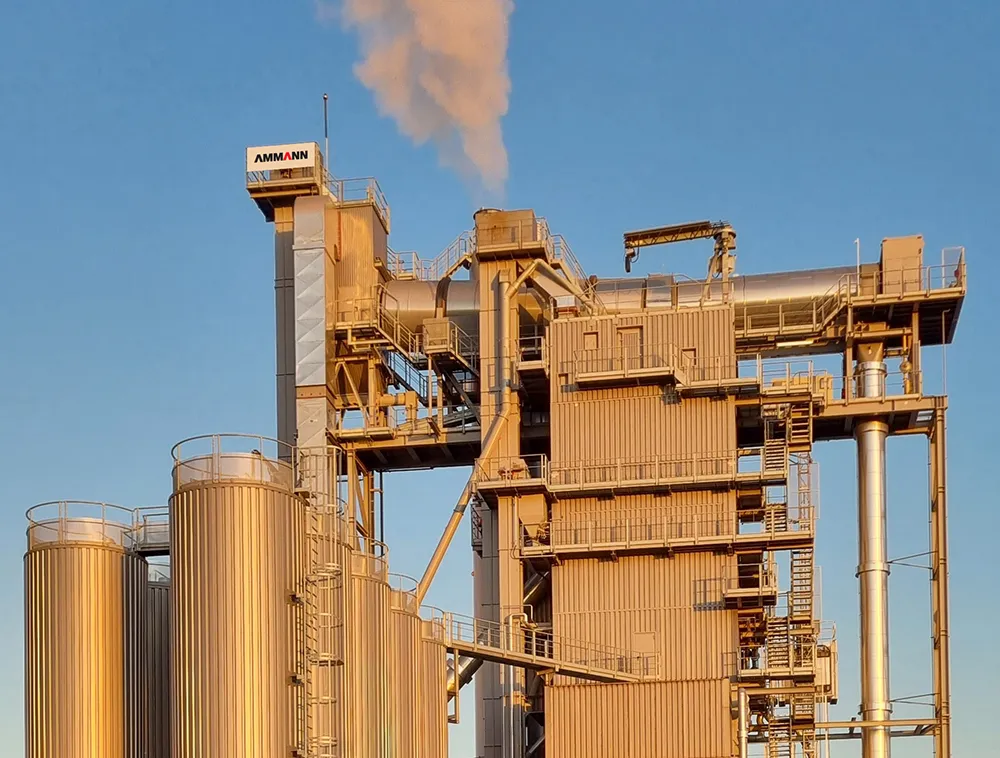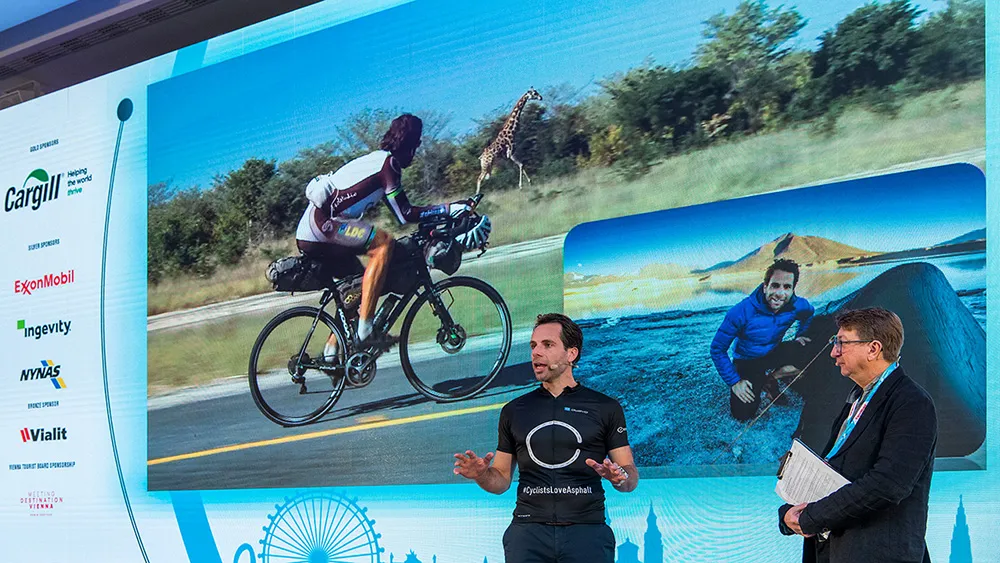
Over the two-year trial period, the Cement 2 Zero (C2Z) project will investigate the technical and commercial aspects of upscaling Cambridge Electric Cement (CEC) production to produce 20tonnes of zero emissions cement. This will then be used in a construction project.
The innovative project, which secured £6.5million of UK Government funding from UKRI as part of the Transforming Foundation Industries Challenge, aims to advance decarbonisation for the construction and cement sectors to net zero for the future, to help meet the UK Government’s commitment of achieving Net Zero by 2050.
The trial is being led by the Materials Processing Institute, supported by the University of Cambridge (UoC), and in collaboration with key players in the supply chain. C2Z is the first collaborative trial of its kind and aims to address the global construction industry’s biggest challenge of decarbonisation, in response to the climate emergency.
Concrete is the most widely used material on earth, after water, and it is fundamental to our way of life, our economy and shaping our world. However, the chemical and thermal combustion processes involved in the production of cement are a significant source of carbon dioxide (CO2) emissions. More than four billion tonnes of cement are produced each year, accounting for around 7% of global CO2 emissions, according to the Global Cement and Concrete Association (GCCA).
The first phase of trial melts is being carried out by the Materials Processing Institute, initially in a 250kg induction furnace, before being scaled up to 6tonnes in an electric arc furnace (EAF). Once the process has been substantially trialled and developed, industrial scale melts will follow in CELSA’s EAF in Cardiff.
The two-year industrial trial will test each stage of the production process and brings together the expertise of the Materials Processing Institute, the University of Cambridge and key supply chain partners – Atkins, Balfour Beatty, CELSA, Day Aggregates and Tarmac – before using the innovative product in a live UK construction project.
Chris McDonald, CEO of the Materials Processing Institute, said: “Cement 2 Zero has the potential to make a significant contribution to achieving a zero carbon society and challenge conventional production processes, creating high-value materials from demolition waste.”
Dr Philippa Horton, University of Cambridge, said: “If Cambridge Electric Cement lives up to the promise it has shown in early laboratory trials, it could be a pivotal point in the journey to a zero emissions society. The Cement 2 Zero project is an opportunity to collaborate across the entire construction supply chain, to expand CEC from the laboratory to commercial application.”
This break-through is a result of Dr Cyrille Dunant and his research team at the University of Cambridge. They developed a new process which brings together two critical industries and construction materials – cement and steel – by combining the production processes, transforming a by-product of steel recycling into a valuable material, in one zero emission process.
Dr Dunant, said: “It’s estimated that annual production equates to more than 500kg of concrete/person on the planet/year, and it is not currently possible to produce the material without creating CO2 emissions.
“This breakthrough offers a positive move in cement production and will support the industry response to the UK’s legally binding commitment to bring all greenhouse gas emissions to net zero by 2050. “
Known as Cambridge Electric Cement (CEC), three researchers at the University of Cambridge, Dr Cyrille Dunant, Professor Julian Allwood and Dr Philippa Horton, invented a process that converts construction and demolition waste to cement over molten steel, using an electric arc furnace (EAF), which is used to recycle scrap steel.
The Cement 2 Zero project aims to demonstrate that concrete can be recycled to create a Slag Forming addition which could, when cooled rapidly, replace Portland cement.
Dr Dunant discovered that the chemical composition of used cement is virtually identical to that of the lime-flux used in the conventional EAF steel recycling process.
Portland clinker, one of the main ingredients in cement, is produced by firing limestone and other minerals in a kiln at high temperatures (1,450°C), which accounts for more than 50% of the cement sectors’ emissions.
By contrast, Cement 2 Zero will use recycled cement as the flux in the electric steel recycling process (EAF powered by renewables), the by-product of which, when cooled and ground, produces Portland cement clinker, which is then blended to make "zero emissions" cement.









